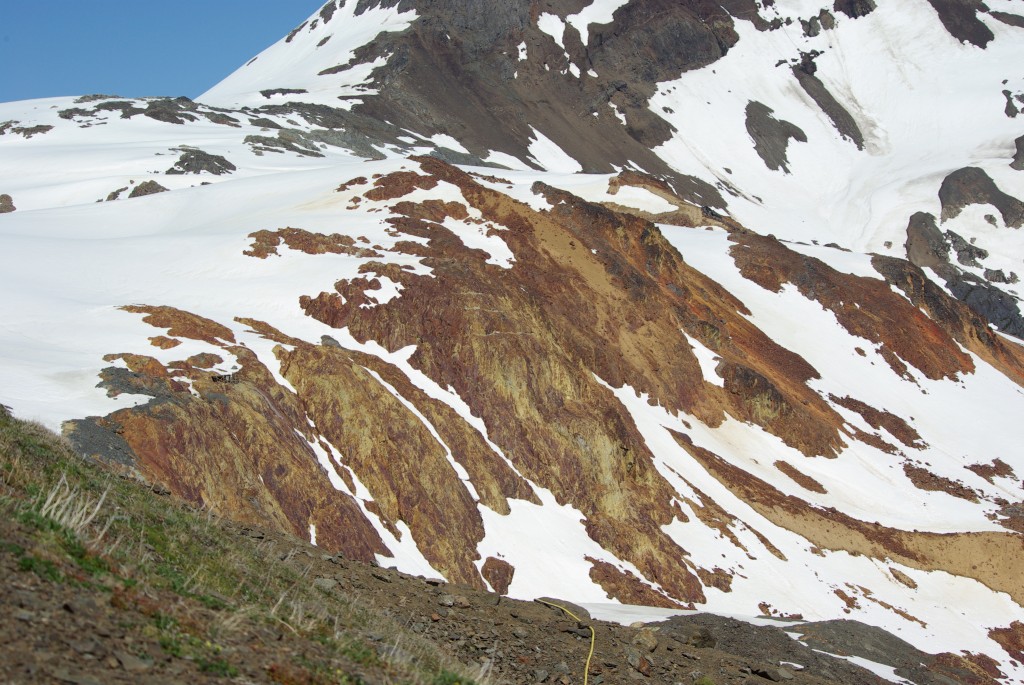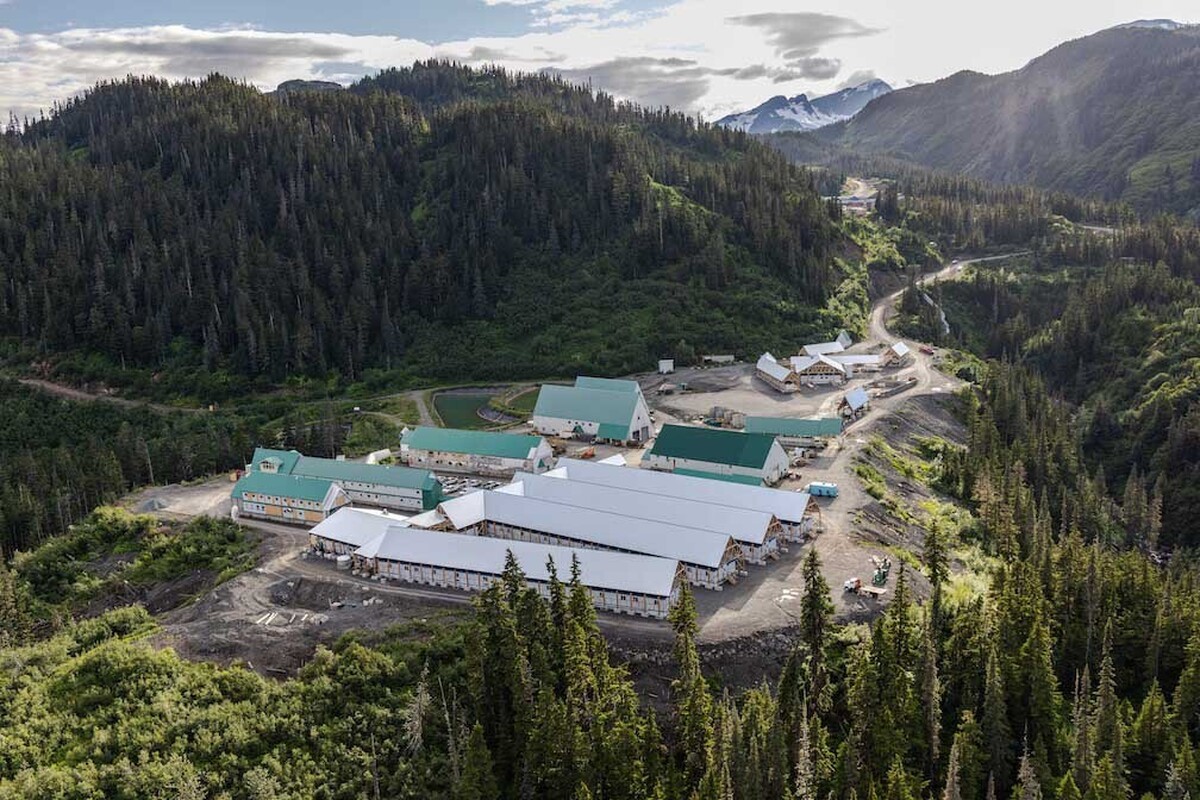
Seabridge confirms improved KSM project economics

The technical report outlines a 44-year mine production plan recovering 19.6 million ounces of gold and 5.4 billion pounds of copper from the measured and indicated categories, plus an additional 20.8 million ounces of gold and 13.8 billion pounds of copper from the inferred category.
Life of mine recovered production would reach 27.6 million ounces of gold and 17 billion pounds of copper, with an average operating cost of $472 per ounce gold produced, net of copper and silver byproduct revenues.
Initial capital cost for the KSM project is estimated at $5.2 billion, with a four-year payback period owing to average annual pre-tax free cash flow of $1.45 billion from 1.3 million ounces of gold and 265 million pounds copper produced per year during the initial five years of production. The after-tax NPV estimate for this project stands at $6 billion.
Chairman and CEO Rudi Fronk noted that the most recent PEA was undertaken to assess an alternate approach to developing KSM by incorporating a much larger Iron Cap block cave mine earlier into the production schedule.
“The benefits of incorporating Iron Cap into mine plans at an early stage have exceeded the upper end of our expectations, not only for the improvements in projected economics but also for the reduction in environmental impact. The PEA is based on Iron Cap’s inferred resource estimate but we are very confident these resources will upgrade to higher categories with further drilling as they have in the past at the project’s other deposits,” Fronk said.
The PEA economic projections, if achieved, would rank KSM among the best large-scale producing mines in the world, he added.
Mike Kozak, an analyst at Cantor Fitzgerald, recently described the PEA as “much-improved” with projected 6% and 35% increases in annual gold and copper production respectively versus the 2016 PEA.
He also noted that the PEA captures about 31% of the total KSM resource and there continues to be upside beyond what was outlined in the updated PEA.


Gold price edges up as market awaits Fed minutes, Powell speech

Glencore trader who led ill-fated battery recycling push to exit

Emirates Global Aluminium unit to exit Guinea after mine seized

Iron ore price dips on China blast furnace cuts, US trade restrictions

Roshel, Swebor partner to produce ballistic-grade steel in Canada

US hikes steel, aluminum tariffs on imported wind turbines, cranes, railcars

EverMetal launches US-based critical metals recycling platform

Afghanistan says China seeks its participation in Belt and Road Initiative

Trump weighs using $2 billion in CHIPS Act funding for critical minerals

Energy Fuels soars on Vulcan Elements partnership

Northern Dynasty sticks to proposal in battle to lift Pebble mine veto

Giustra-backed mining firm teams up with informal miners in Colombia

Critical Metals signs agreement to supply rare earth to US government-funded facility

China extends rare earth controls to imported material

Galan Lithium proceeds with $13M financing for Argentina project

Silver price touches $39 as market weighs rate cut outlook

First Quantum drops plan to sell stakes in Zambia copper mines

Ivanhoe advances Kamoa dewatering plan, plans forecasts

Texas factory gives Chinese copper firm an edge in tariff war

Energy Fuels soars on Vulcan Elements partnership

Northern Dynasty sticks to proposal in battle to lift Pebble mine veto

Giustra-backed mining firm teams up with informal miners in Colombia

Critical Metals signs agreement to supply rare earth to US government-funded facility

China extends rare earth controls to imported material

Galan Lithium proceeds with $13M financing for Argentina project

Silver price touches $39 as market weighs rate cut outlook

First Quantum drops plan to sell stakes in Zambia copper mines

Ivanhoe advances Kamoa dewatering plan, plans forecasts



















